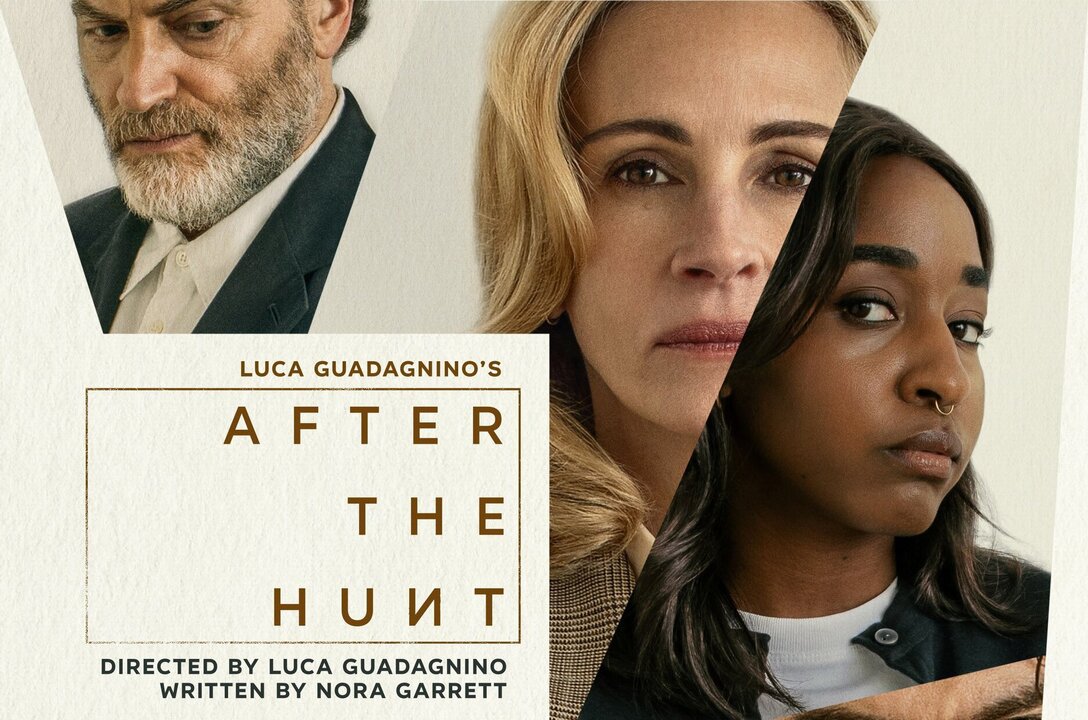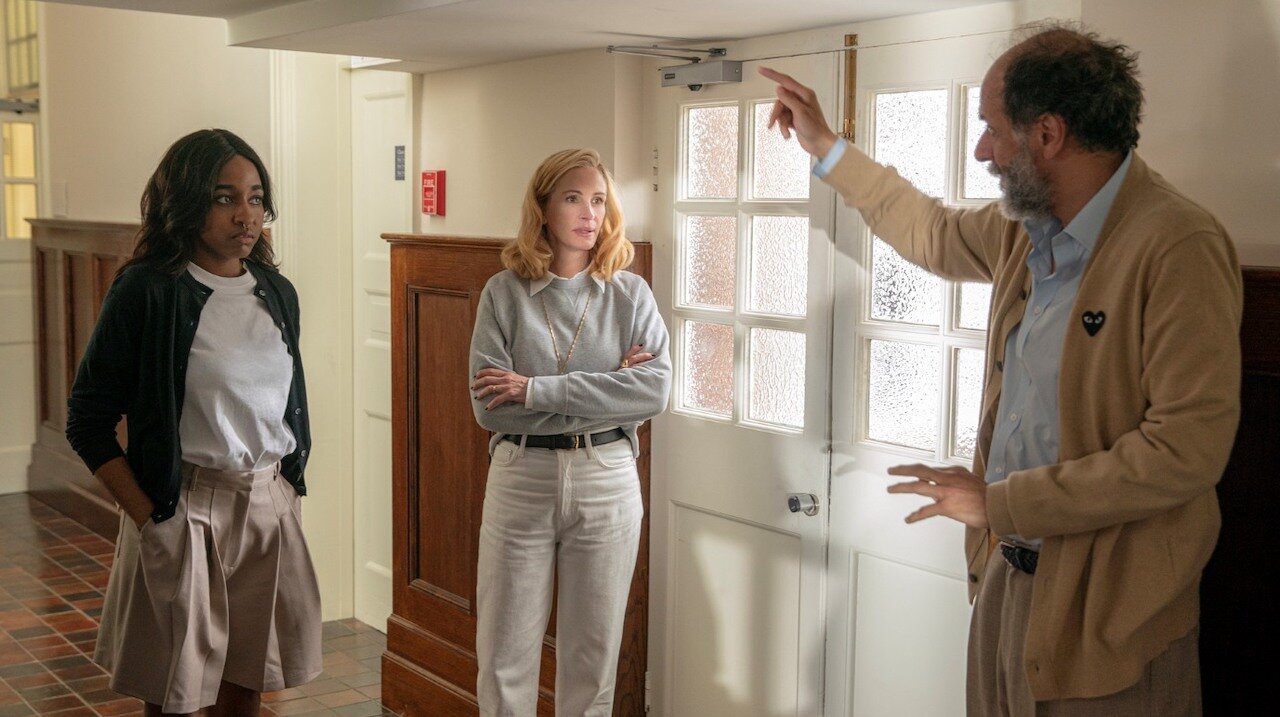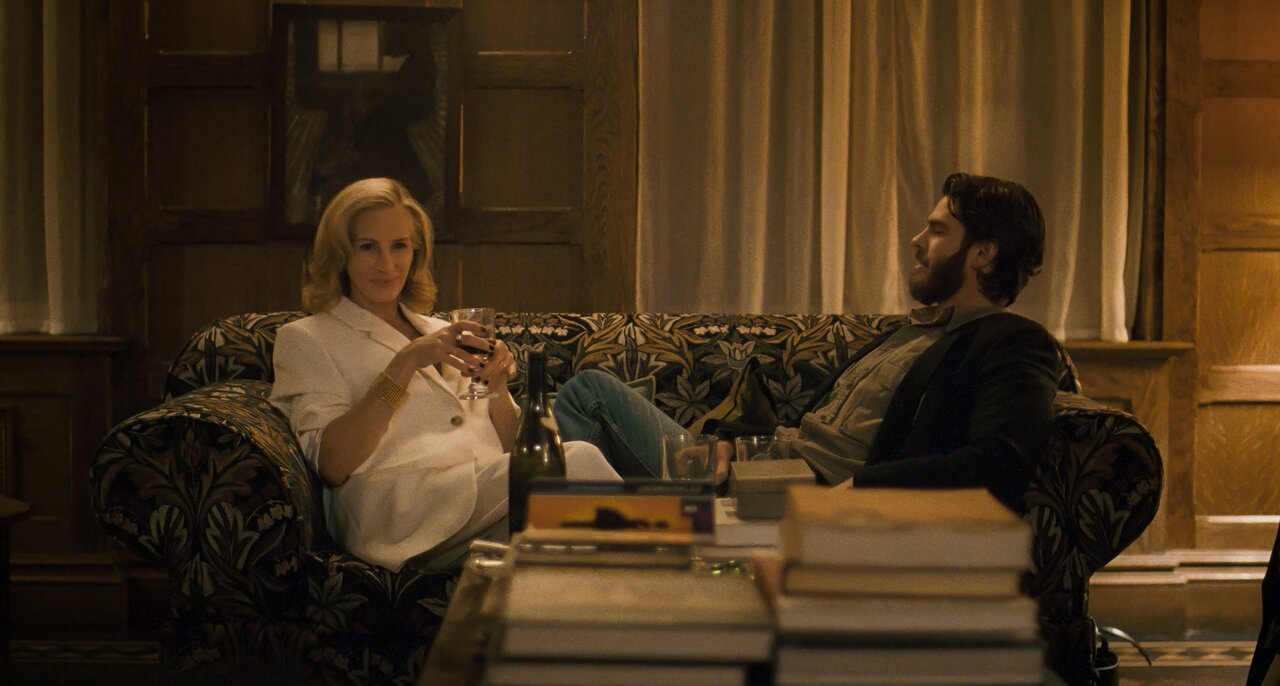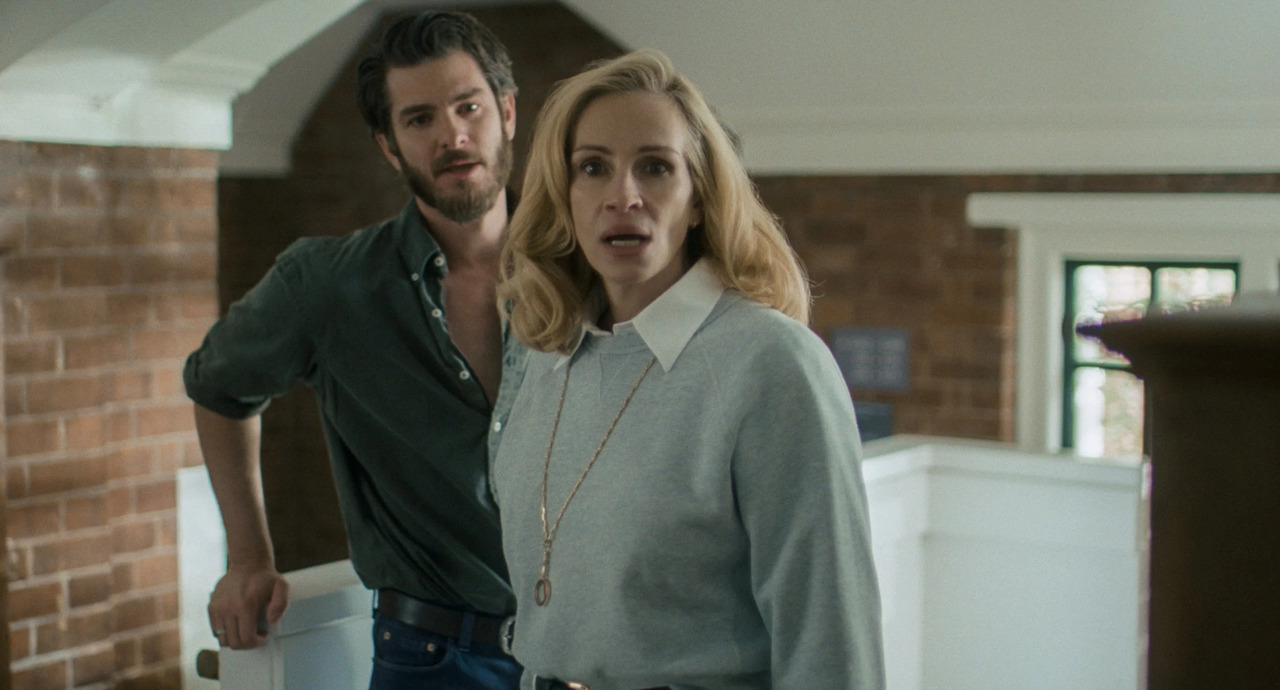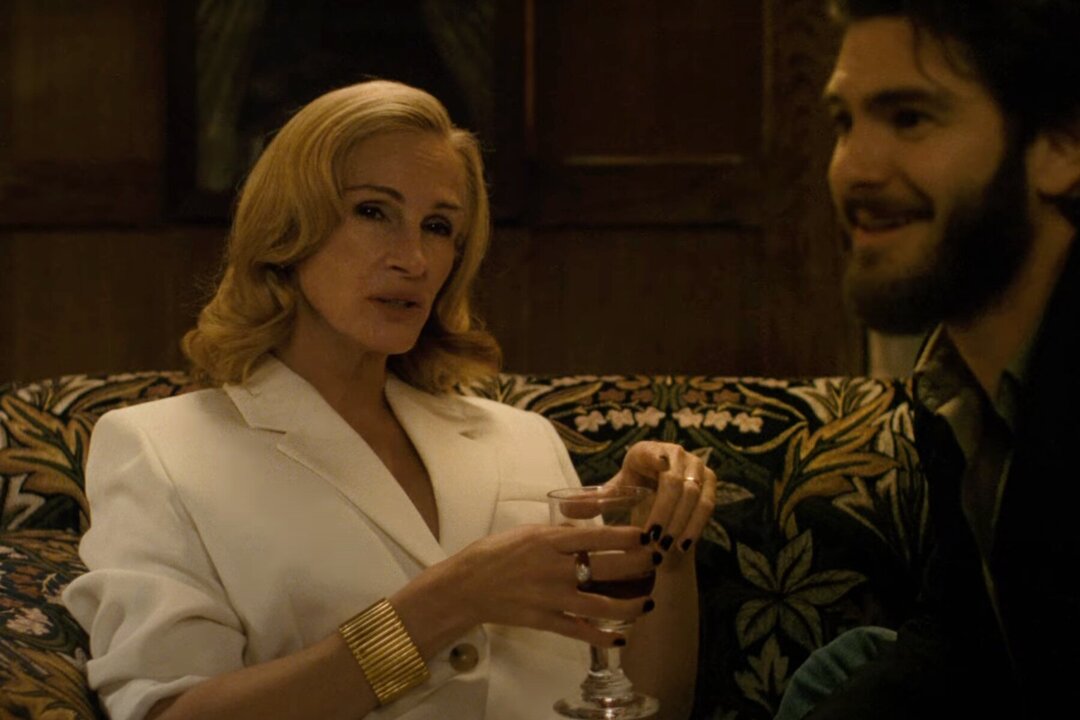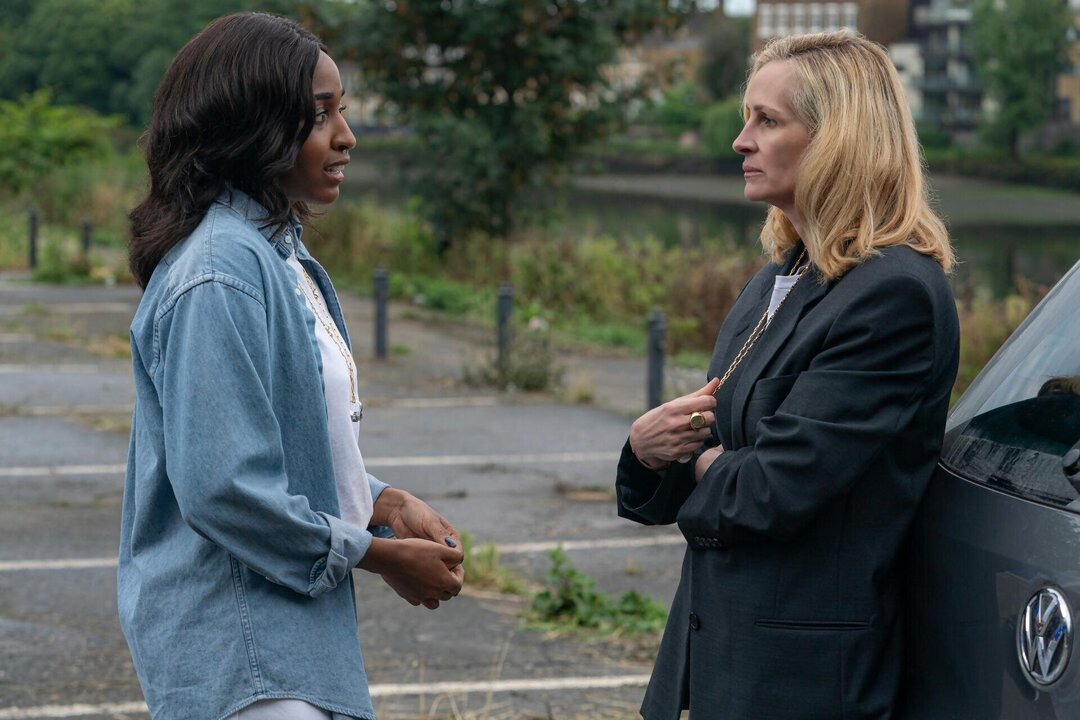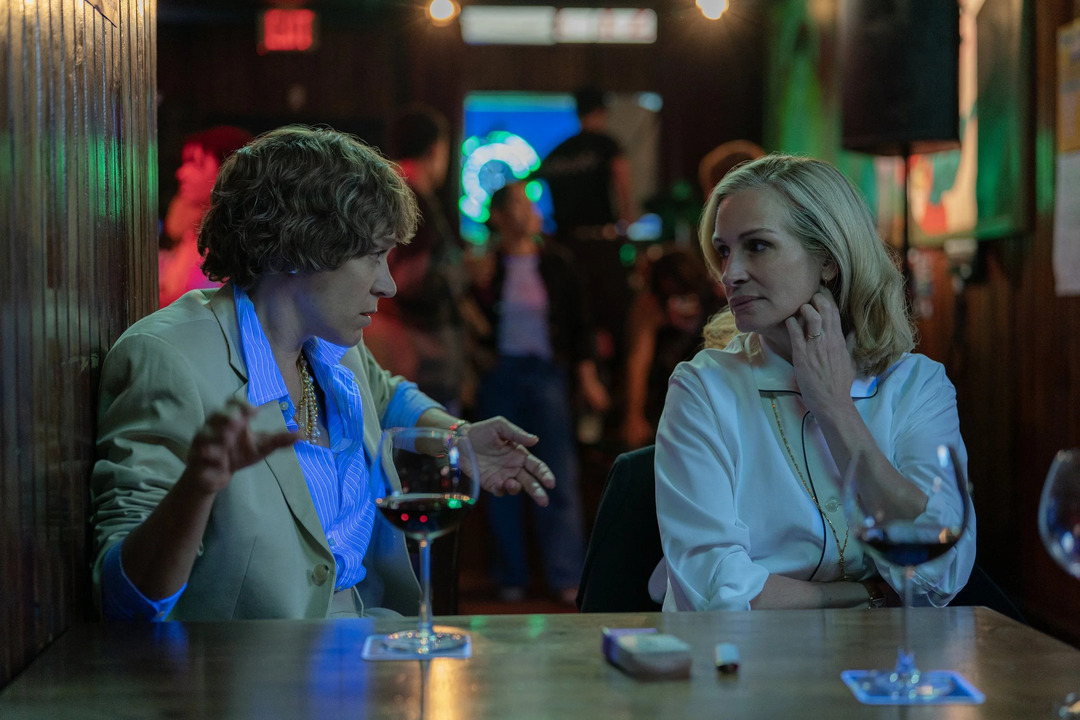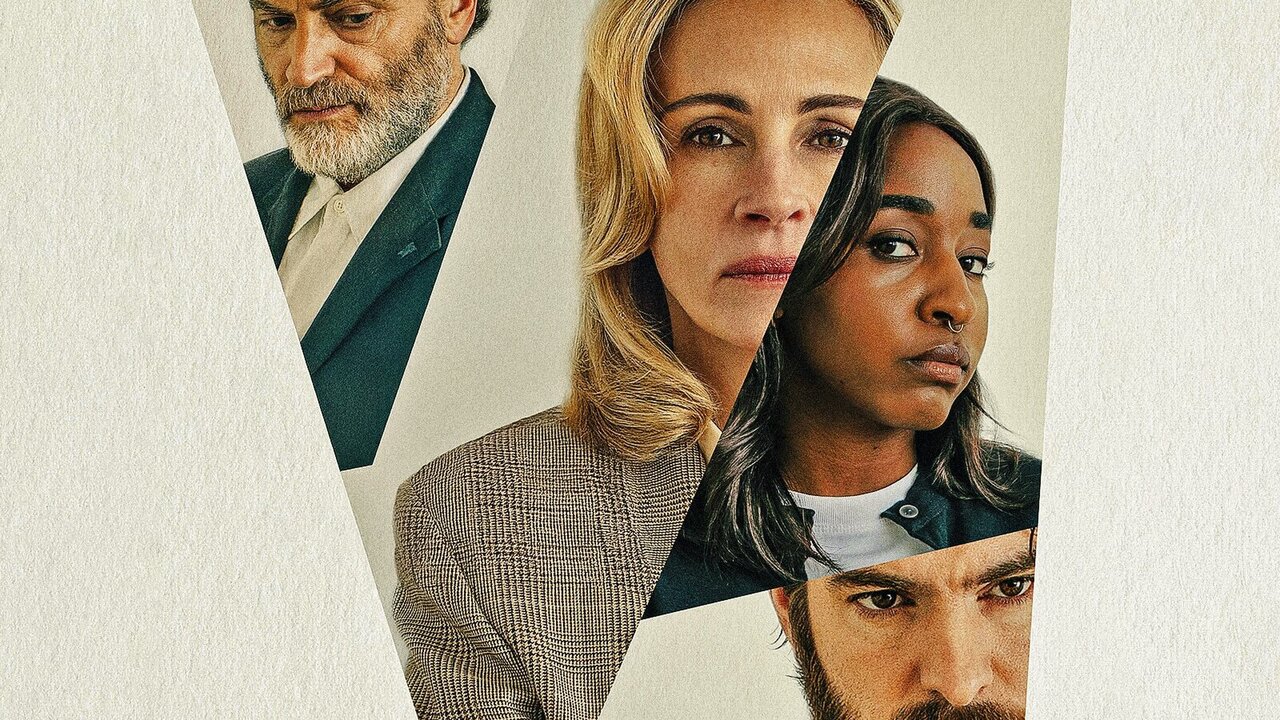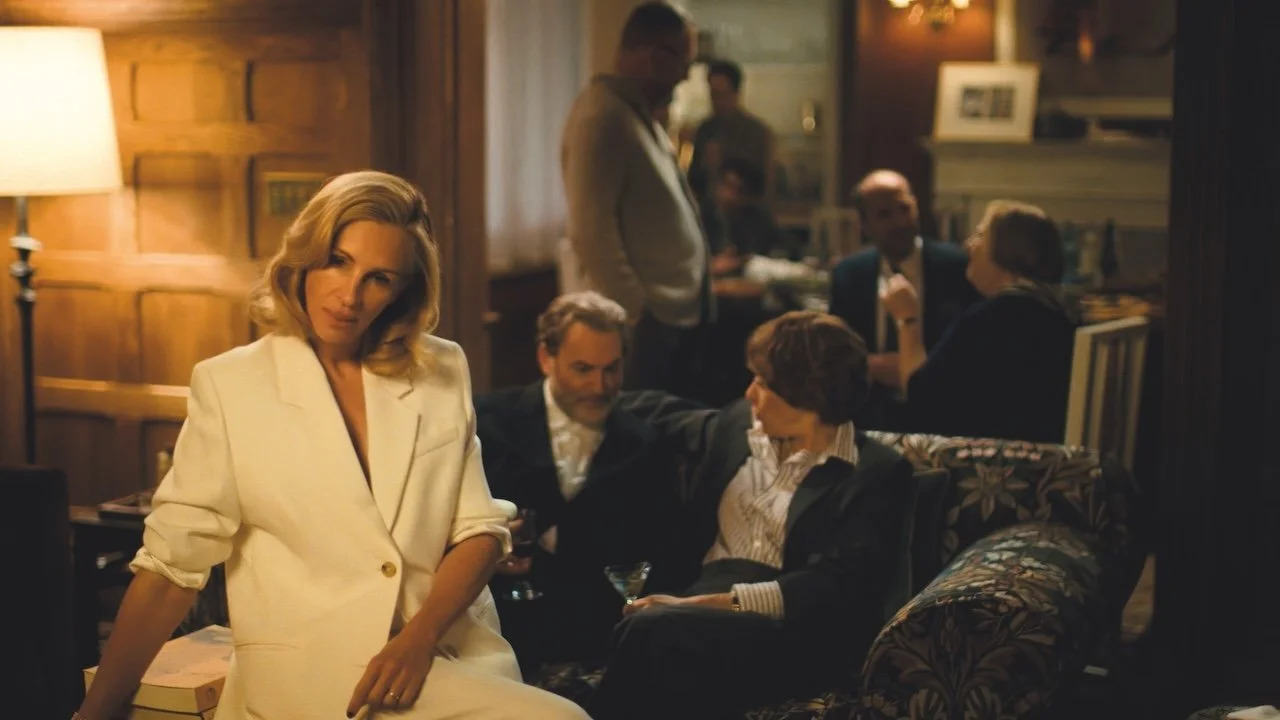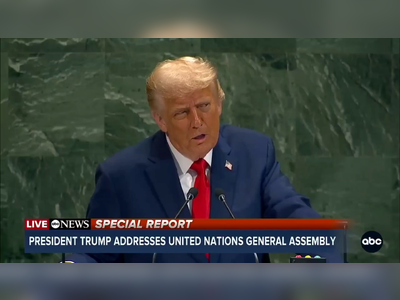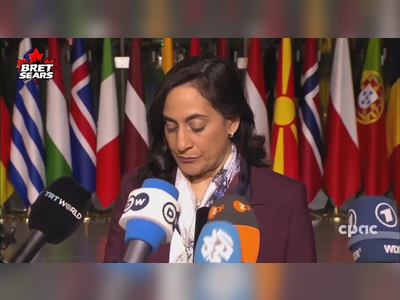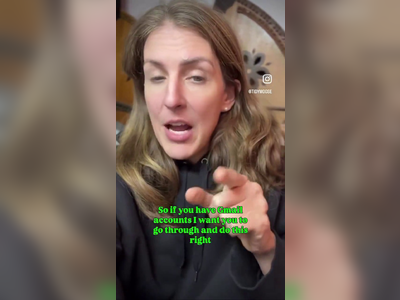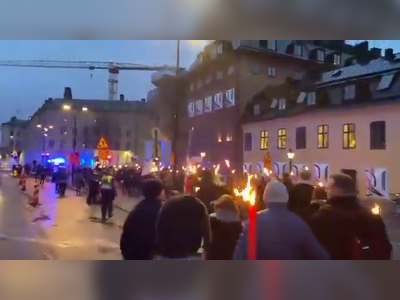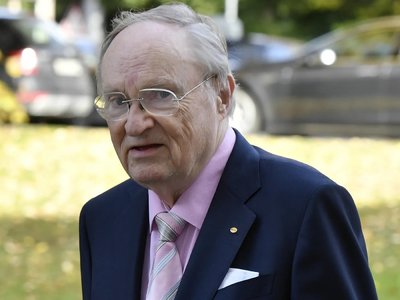Film Critics Really Didn’t Like This Movie. They Understood Nothing
A Subtle Nod to Woody Allen and a Cultural Shift
Since Woody Allen’s Love and Death (1975), the director’s films have famously opened with titles in the Windsor Light Condensed serif font, paired with New Orleans-style jazz — a Pavlovian signal that the audience is entering the “Allen universe.” But in recent years, that universe has been clouded by allegations, controversies, and cultural exile. Guadagnino’s deliberate choice to replicate Allen’s visual cue (minus the music) signals his intention to challenge prevailing narratives.
Set primarily in the autumn of 2019 — the peak of the #MeToo movement — After the Hunt uses this backdrop to examine an academic world often too eager to embrace new moral codes, sometimes without question.
A Web of Desire, Power, and Ambiguity
Julia Roberts delivers one of the most challenging performances of her career as Alma Imhoff, a respected philosophy professor at Yale on the brink of a life-changing decision: the granting of tenure — academia’s coveted “brass ring.” Her only competition is Hank Gibson (Andrew Garfield), a longtime colleague, close friend, and perhaps something more.
The third figure in this charged triangle is Margaret “Maggie” Reznik (Ayo Edebiri), a brilliant doctoral student under Alma’s mentorship. Maggie’s thesis examines Generation Z’s “performative unease,” yet her own behavior often contradicts her intellectual claims.
Beyond this central trio, Alma’s personal life is marked by detachment and distance. Her marriage to Frederick (Michael Stuhlbarg), a psychologist, is defined by emotional estrangement and passive-aggressive frustration. Maggie’s nonbinary partner, Max (played by transgender actor Leho Miehl), also struggles with her dependence on Alma, highlighting the complex emotional dynamics at play.
Secrets, Allegations, and Unreliable Narratives
The characters inhabit a morally ambiguous world where intentions are layered and motives remain elusive. The screenplay — the debut of actress Nora Garrett — is rich and textured, even if occasionally uneven. Guadagnino sets the tone early with symbolic elements: the ominous ticking of a clock, cinematography that subtly signals relational power dynamics, and Alma’s portrayal as distant and calculating.
At a faculty party, Hank flirts with Maggie while critiquing her thesis, and Maggie, in turn, seeks Alma’s attention. Later, Maggie excuses herself to the bathroom, where she improbably finds a sealed envelope taped inside a cabinet. Inside are photographs, a newspaper clipping, and a piece of fabric. She takes one photo — a detail that will resurface later, though the moment itself strains believability.
The next day, Maggie skips Alma’s seminar. When they meet again, she accuses Hank of sexual misconduct after he accompanied her home for a “nightcap,” claiming he “crossed the line.” Yet the film presents the scene in a way that invites doubt. Hank tells a different story: he confronted Maggie about blatant plagiarism from philosopher Giorgio Agamben, and she fabricated the accusation as revenge.
A Psychological Thriller Beneath the #MeToo Surface
This dramatic premise opens the door to multiple interpretations. After the Hunt unfolds as a psychological thriller, where truth is uncertain and motivations are murky. Some critics, confused or impatient, questioned “what the film is trying to say” about #MeToo — but in doing so, they may have missed its deeper purpose.
Beneath the surface of a “#MeToo campus drama” lies a broader meditation on love in its most complex forms: obsessive, manipulative, destructive, and vengeful. The story is not simply about accusation and power but about how the denial of love — and the desire for it — can twist human behavior.
A Dark Mirror to Call Me by Your Name
Guadagnino’s body of work spans a remarkable range — from the lush melodrama of I Am Love (2009) and the cannibalistic romance of Bones and All (2022) to the tense tennis love triangle of Challengers (2024) and the surreal queer longing of Queer (2024). Yet at their core, his films are united by a deep fascination with the many faces of love.
After the Hunt serves as a thematic inversion of his acclaimed Call Me by Your Name (2017). Where that film was suffused with sunlight, freedom, and tenderness, this one is steeped in shadows, deception, and calculation. Here, love becomes not a liberating force but a weapon — fueling frustration, revenge, and emotional warfare.
A Flawed but Powerful Exploration
Despite its imperfections — including a few moments that stretch credibility — After the Hunt is a captivating and multilayered film. It is brilliantly acted, intellectually ambitious, and deeply provocative. More importantly, it is a bold continuation of Luca Guadagnino’s lifelong exploration of love’s most unsettling and transformative dimensions.
